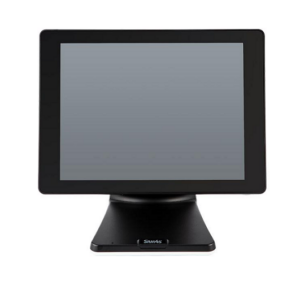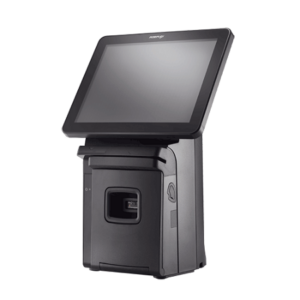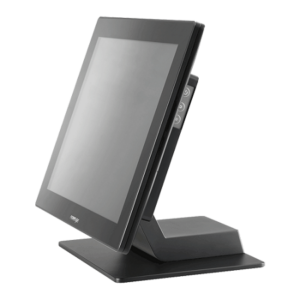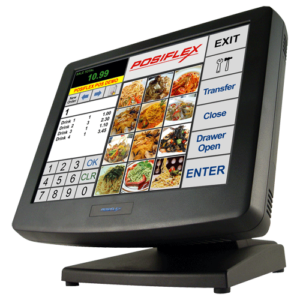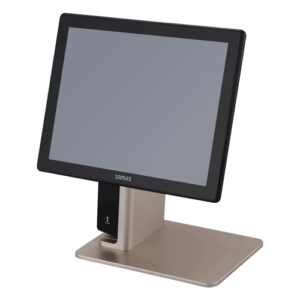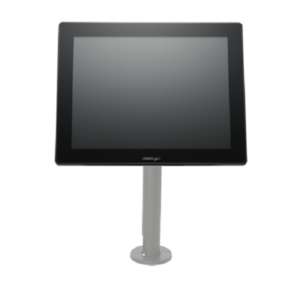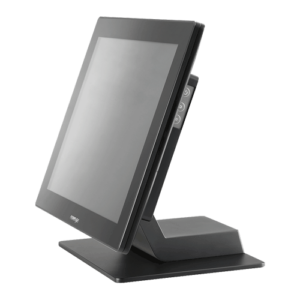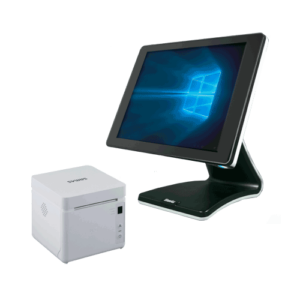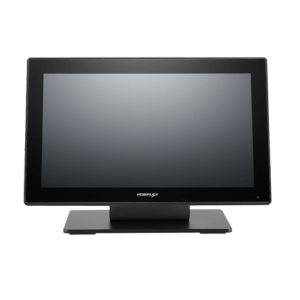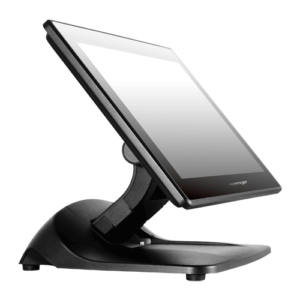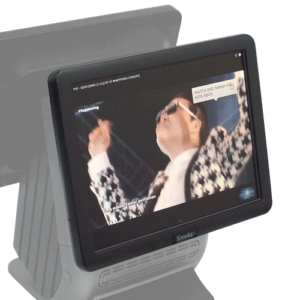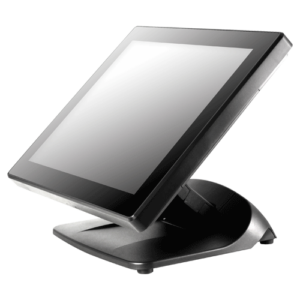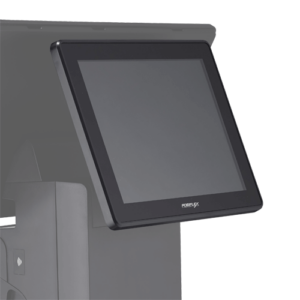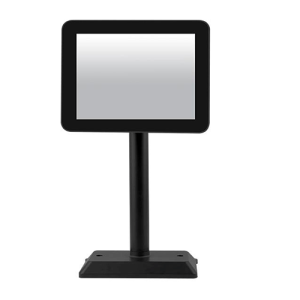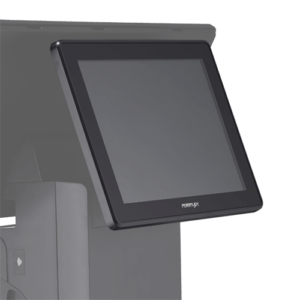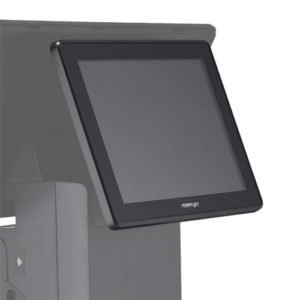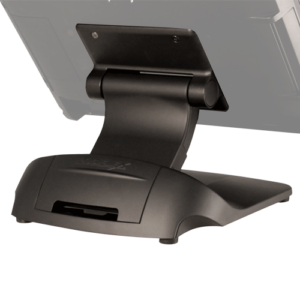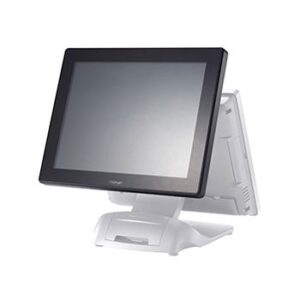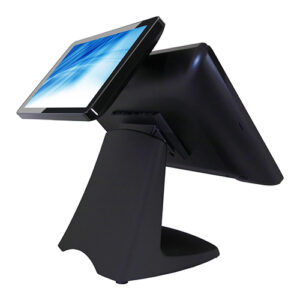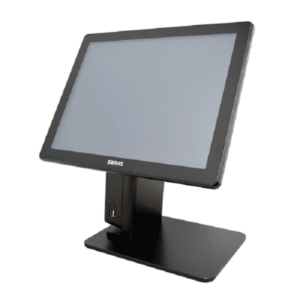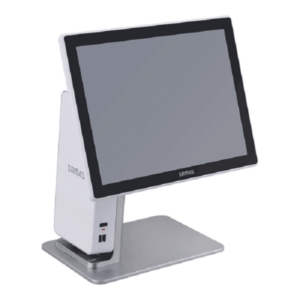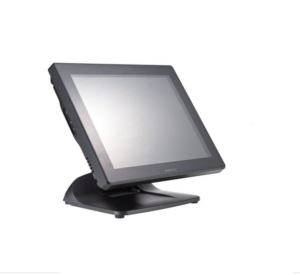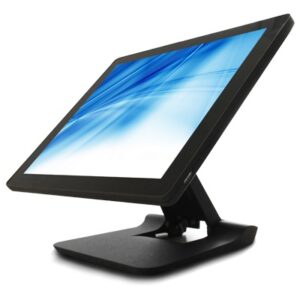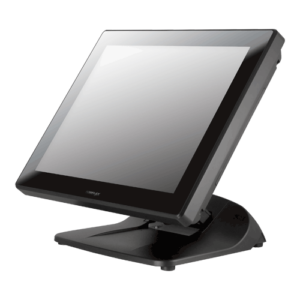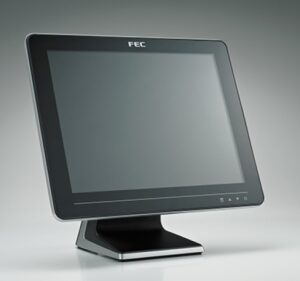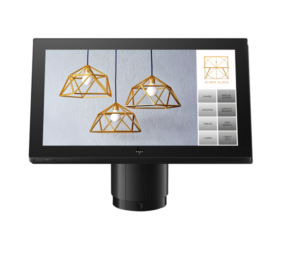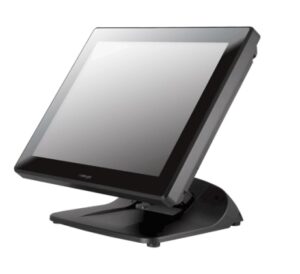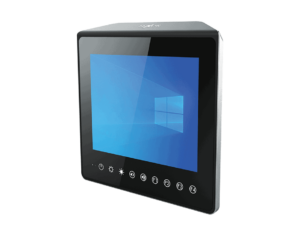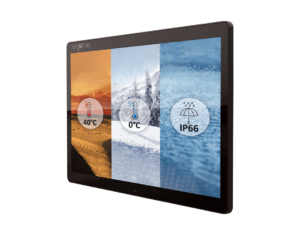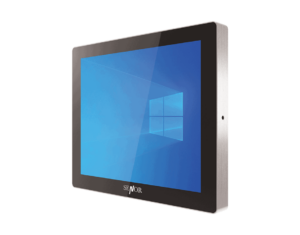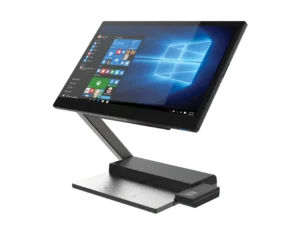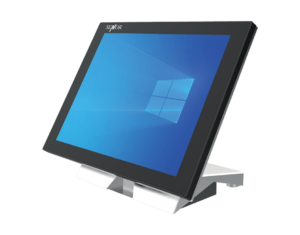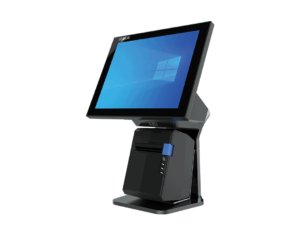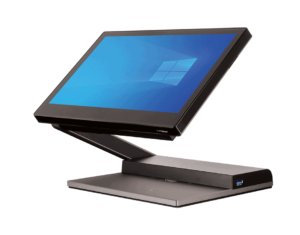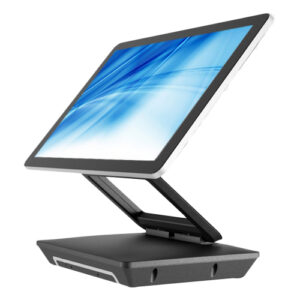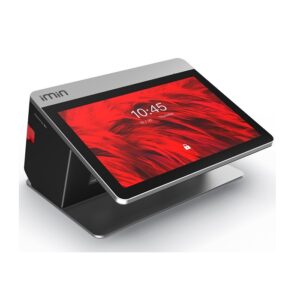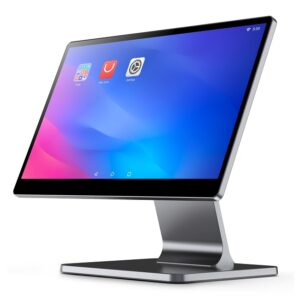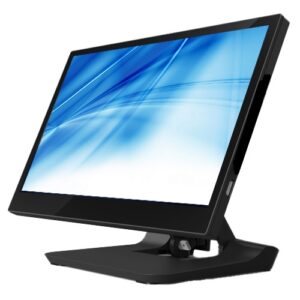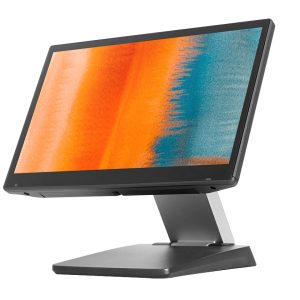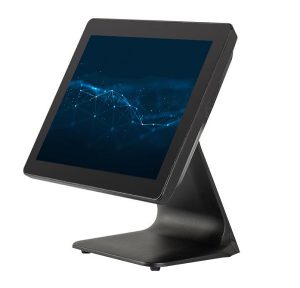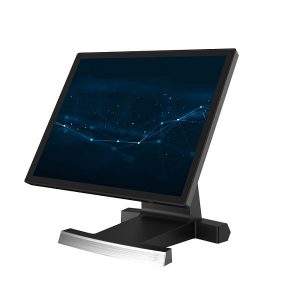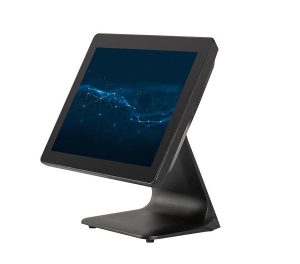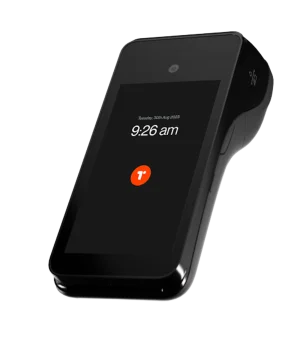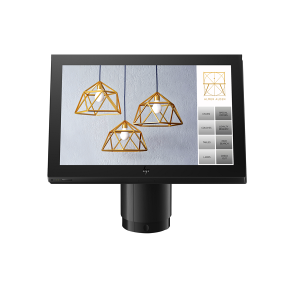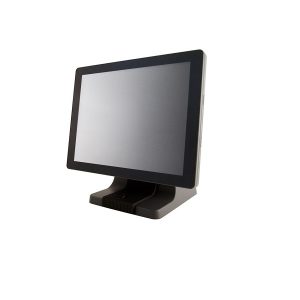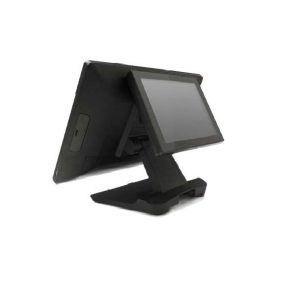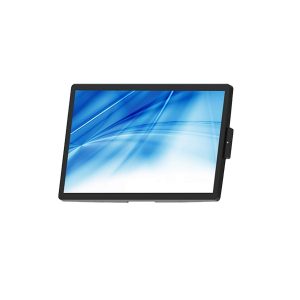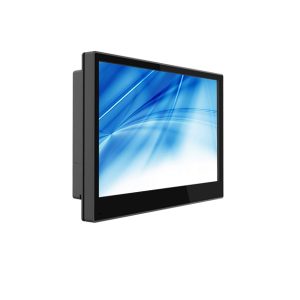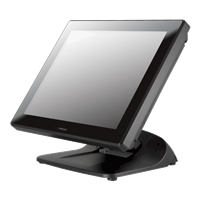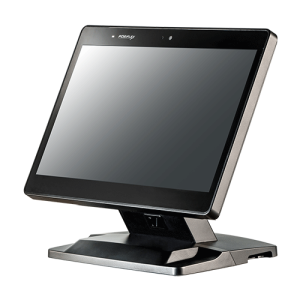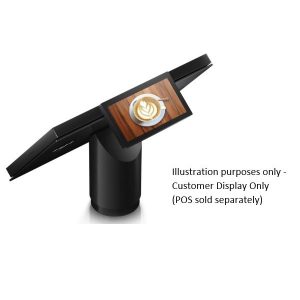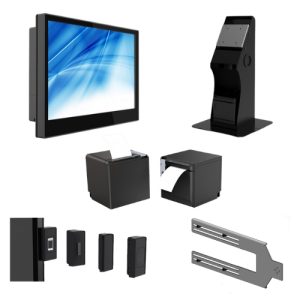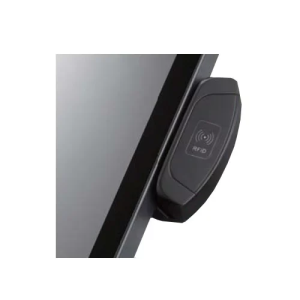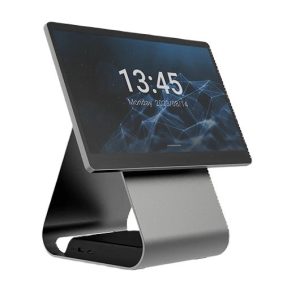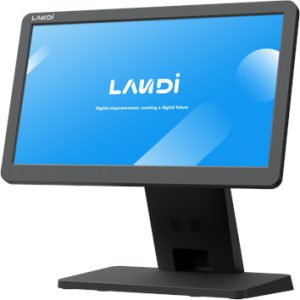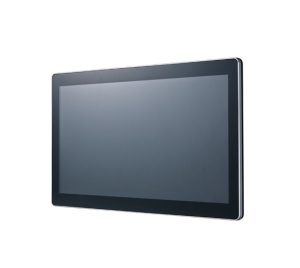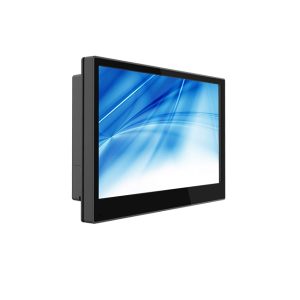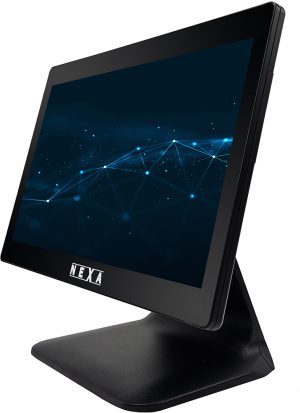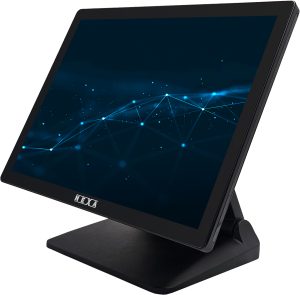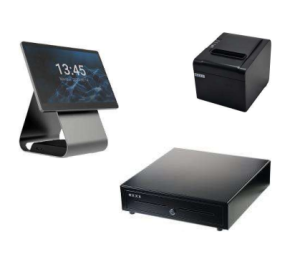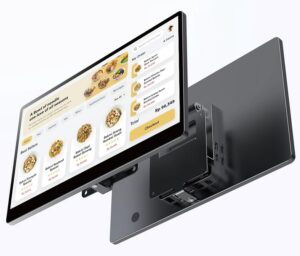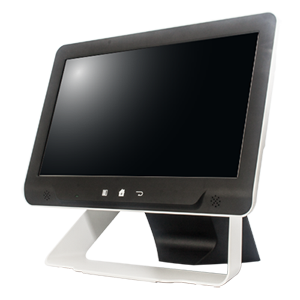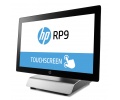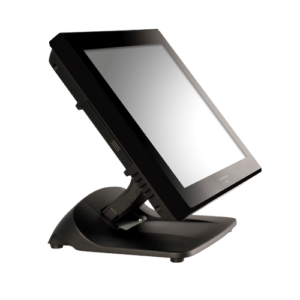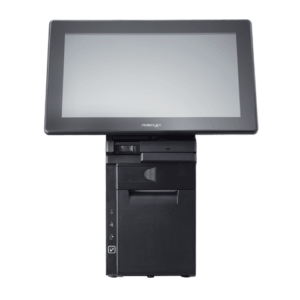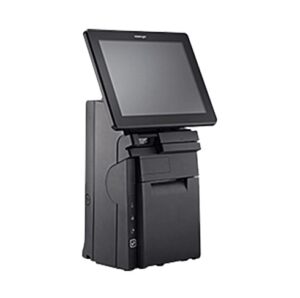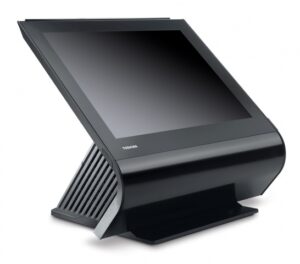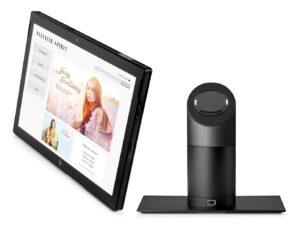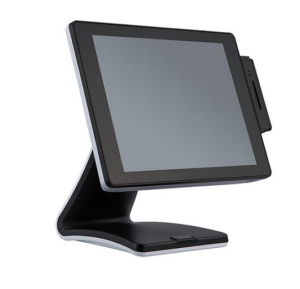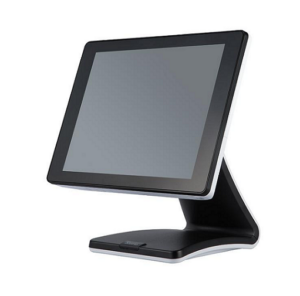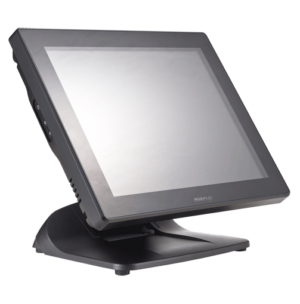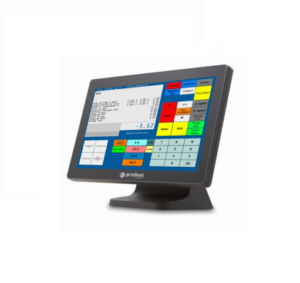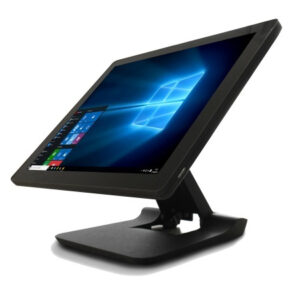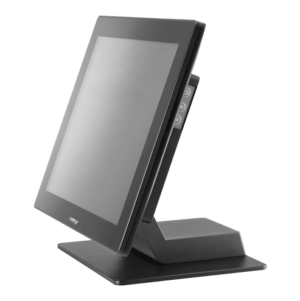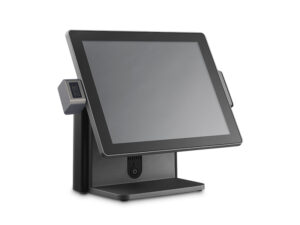POS Terminals
Showing 1–100 of 235 results
- Add to cart
- Add to cart
- Add to cart
- Add to cart
- Add to cart
-
Save 18%
91.DSD01.G250
Add to cartAOPEN DSD55 450 Nits 55″ LCD Monitor narr...
Original price was: $827.00.$678.00Current price is: $678.00. Save 18% - Add to cart
- Add to cart
- Add to cart
- Add to cart
- Add to cart
- Add to cart
- Add to cart
- Add to cart
-
Save 18%
PFXT2614WCB-108FA
Add to cartPOSIFLEX XT-2614Q 14″ Android POS PC Touc...
Original price was: $1,068.00.$875.00Current price is: $875.00. Save 18% - Add to cart
- Add to cart
- Add to cart
-
Save 18%
PFTM3010CB
Add to cartPOSIFLEX 9.7″ LCD POS Touch Customer Disp...
Original price was: $555.00.$455.00Current price is: $455.00. Save 18% -
Add to cart
Sam4s 9.7″ LCD Pole display VGA
$253.00 -
Know More
Sam4s 9.7″ Customer Display Unit for FORZ...
Call for Price -
Know More
Sam4s 9.7″ Customer Display Unit for Tita...
Call for Price - Add to cart
-
Know More
Sam4s 7″ Customer LCD Display for the SPT...
Call for Price - Add to cart
- Add to cart
- Add to cart
- Add to cart
- Add to cart
- Add to cart
- Add to cart
- Add to cart
- Add to cart
- Add to cart
- Add to cart
- Add to cart
- Add to cart
- Add to cart
- Add to cart
- Add to cart
- Add to cart
- Add to cart
- Add to cart
- Add to cart
- Add to cart
- Add to cart
- Add to cart
- Add to cart
- Add to cart
-
Save 31%
TTETEV770002
Add to cartElement EV770 J4125 8/128GB 15.6″ Display...
Original price was: $1,906.00.$1,314.00Current price is: $1,314.00. Save 31% - Add to cart
- Add to cart
- Add to cart
- Add to cart
- Add to cart
- Add to cart
- Add to cart
-
Save 18%
NP16538GB
Add to cartNexa NP-1653 15″ POS Terminal J6412 8GB R...
Original price was: $1,403.00.$1,150.00Current price is: $1,150.00. Save 18% -
Know More
TillPayments EFTPOS Terminal
Call for Price - Add to cart
-
Save 31%
TTFLEL485026
Add to cartElement 485 15″ 8GB 128GB Windows 10 IOT...
Original price was: $3,246.00.$2,238.00Current price is: $2,238.00. Save 31% - Add to cart
-
Save 31%
TTETEV770013
Add to cartElement EV770 15.6″ All-in-One 8GB 128GB ...
Original price was: $2,289.00.$1,578.00Current price is: $1,578.00. Save 31% - Add to cart
- Add to cart
- Add to cart
- Add to cart
- Add to cart
- Add to cart
- Add to cart
- Add to cart
-
Save 26%
BU11282
Add to cartElement KIOSK SSK-E VK215W J6412 2D/RW60/DESK S...
Original price was: $3,408.00.$2,524.00Current price is: $2,524.00. Save 26% -
Add to cart
Nexa NP-1653 3 Track MSR
$103.00 -
Save 28%
85408-00
Add to cartLandi C20SE Android 13 4GB+32GB Single Display ...
Original price was: $1,071.00.$769.80Current price is: $769.80. Save 28% - Add to cart
- Add to cart
-
Save 18%
TTETVK215W001
Add to cartElement VK215W J6412 21.5″ 8GB 128GB Wind...
Original price was: $1,985.00.$1,627.00Current price is: $1,627.00. Save 18% -
Save 29%
TTFLEL485013
Add to cartElement 485 CDU, 2nd Display, 15.6 Inch, Black
Original price was: $859.00.$609.00Current price is: $609.00. Save 29% -
Save 30%
TTFLEL485013-1
Add to cartElement CA250W CDU, 2nd Display VFD 2X20 LCD Black
Original price was: $199.00.$139.00Current price is: $139.00. Save 30% - Add to cart
- Add to cart
- Add to cart
- Add to cart
- Add to cart
- Add to cart
- Add to cart
-
Read more
Nexa Ecoplus 15″ Android Terminal
$1,191.48 - Read more
-
Know More
Posiflex XT3815 J1900 Q Core/4G/120G SSD/PCAP/W...
Call for Price - Read more
- Read more
- Read more
- Read more
-
Know More
SAM4S TITAN S360 J1900 PCAP 4G 128G SSD POSR7 B...
Call for Price - Read more
- Read more
- Read more
- Read more
-
Know More
Posiflex RT-5015 i3 Sky 4GB 128 GB SSD WIN10 IoT
Call for Price - Read more
POS Terminals
Smart, Fast & Reliable Point-of-Sale Terminals for Modern Businesses
POS terminals are the backbone of today’s retail, hospitality, and service environments. Designed to handle sales transactions, manage inventory, and streamline operations, these all-in-one devices combine hardware and software to provide a seamless checkout experience.
Whether you’re running a retail store, café, restaurant, or salon, the right POS terminal can increase efficiency, improve customer service, and support business growth.
🧾 What is a POS Terminal?
A POS terminal (Point of Sale terminal) is a hardware device used to process sales and accept payments, often integrating barcode scanners, receipt printers, touchscreens, and payment modules. Modern POS terminals are typically powered by Windows, Android, or proprietary software, and are connected to inventory, CRM, loyalty, and cloud systems.
✅ Key Features
- 🖥️ Touchscreen Interface – Fast, user-friendly transactions
- 💳 Payment Integration – Accepts cash, card, NFC, and mobile payments
- 📊 Real-Time Reporting – Monitor sales, inventory, and performance
- ☁️ Cloud Connectivity – Access data anytime, from anywhere
- 🔗 Peripheral Support – Connects with printers, scanners, cash drawers, and more
🏪 Who Needs a POS Terminal?
- 🛒 Retail Stores – Clothing, electronics, supermarkets
- 🍽️ Restaurants & Cafés – Table ordering, billing, kitchen display systems
- 🧴 Salons & Spas – Booking, product sales, customer profiles
- 🏨 Hotels – Front desk, bar, and service billing
- 🎫 Events & Pop-Up Shops – Mobile or tablet-based POS setups
📦 Types of POS Terminals
🔹 All-in-One POS Terminals
- Integrated display, CPU, printer, and card reader
- Saves counter space and reduces clutter
🔹 Tablet POS Systems
- iPad or Android tablet-based systems
- Portable, sleek, and ideal for modern setups
🔹 Self-Service Kiosks
- Touchscreen terminals for customer-led checkouts or ordering
-
Perfect for QSR, ticketing, and express checkout
🔹 Mobile POS (mPOS)
-
Smartphone/tablet with card reader
-
Ideal for on-the-go businesses and small vendors
🔝 Popular POS Terminals
🖥️ Elo PayPoint Plus
-
Sleek design, built-in printer, barcode scanner, and cash drawer
-
Great for boutique retail and cafes
🖥️ Sunmi T2S / T3
-
Android POS terminal with dual screen
-
Ideal for restaurants and modern retail stores
🖥️ Posiflex RT Series
-
High-performance terminals with elegant design
-
Perfect for hospitality and busy checkouts
🖥️ Zebra TC Series
-
Rugged handheld POS terminal with scanning
-
Used in retail and logistics for mobile transactions
⚙️ What to Consider When Choosing a POS Terminal
-
Operating System: Android, Windows, iOS
-
Screen Size: 10″ to 15+” touchscreens
-
Hardware Features: Printer, scanner, card reader integration
-
Connectivity: USB, Ethernet, Wi-Fi, Bluetooth, 4G
-
Software Compatibility: POS software, inventory apps, accounting
-
Durability: Fanless design, spill-resistant, industrial-grade options
🧩 POS Terminal Bundles
Pair your POS terminal with:
-
Receipt printers
-
Cash drawers
-
Barcode scanners
-
Customer-facing displays
-
POS software licenses
👉 Ask us about custom POS terminal bundles tailored to your business!
💬 Need Help Choosing the Right POS Terminal?
Whether you’re upgrading your store setup or launching a new venture, our experts can help you pick the perfect POS terminal based on your business size, transaction volume, and environment.
📞 Contact us now for a free consultation, trial, or quote!


